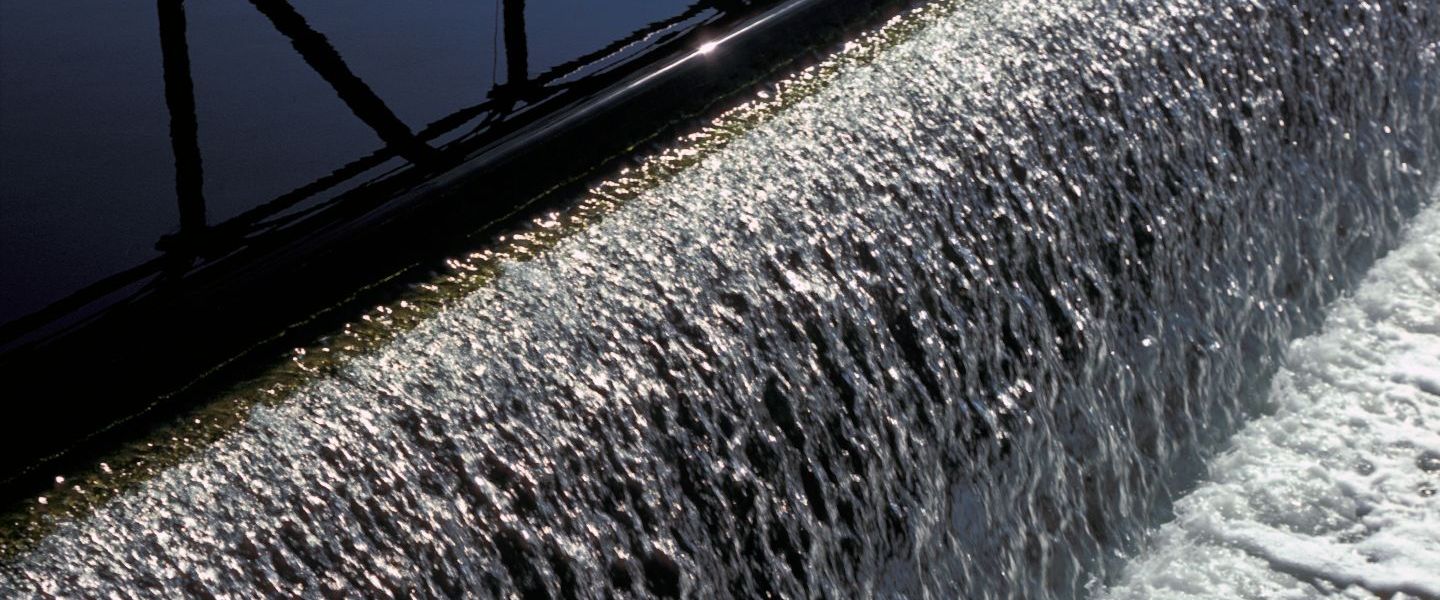
Fox Metro plays a crucial role in serving the community and protecting the environment through its operations. Here are some ways in which Fox Metro serves its community and contributes to environmental protection.
Fox Metro plays a crucial role in serving the community and protecting the environment through its operations. Here are some ways in which Fox Metro serves its community and contributes to environmental protection.
Biosolids, a byproduct of wastewater treatment processes, contribute to sustainability by way of nutrient recycling, soil improvement, energy generation, waste reduction, and more.
Capacity, Management, Operation, and Maintenance" is a program established by the United States E.P.A. to help wastewater agencies ensure they have adequate capacity to handle current and future flows, maintain proper operation and maintenance practices, and comply with regulatory requirements.
Fox Metro's solar farm allows us to reduce our reliance on fossil fuels and lowers our overall energy costs. Solar energy helps us achieve sustainability goals and contributes to our environmental conservation efforts.
Fox Metro offers paperless billing and online payments, including automatic payments, at no additional cost. Sign up today!

© 2024 Fox Metro Water Reclamation District – Public Notices – FOIA – Accessibility